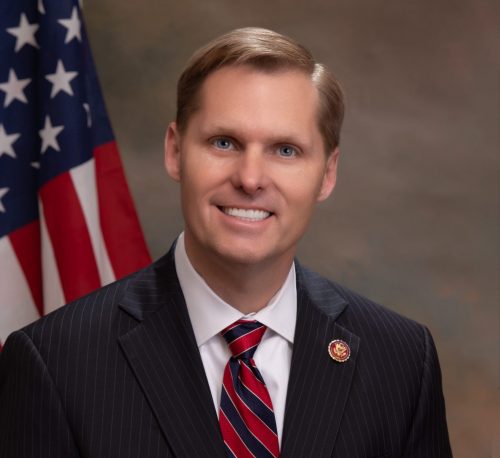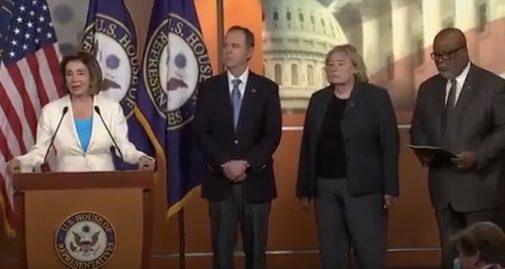
Congressman Michael Guest
The 3rd District Congressman decries more wasteful spending.
Congressman Michael Guest (MS-03) voted against the Democratic Majority’s $715 billion package reauthorizing surface transportation and water and wastewater programs.
The bill excluded almost all of the Republican alternative proposals in the STARTER Act 2.0, including those that would address the gaps in funding between rural and urban transportation, create more flexibility for local governments to address their state or region’s own unique needs, and streamline costly review processes in order to reduce bureaucratic delays. The legislation passed 221-201.
“This legislation includes more than $715 billion in wasteful spending. One out of every two dollars would go toward Green New Deal requirements. Funding for passenger rail for big cities has been increased eight-fold in this bill, sacrificing our rural roads and bridges for costly urban projects,” Guest said in a speech on the House floor. “The electric charging station grant program in this bill would receive four times more funding than a rural grant program and take away funding from states that don’t comply, even in states like Mississippi—which has less than one thousand electric vehicles. This bill is bad for our economy, it’s bad for our rural states, and, without significant change, this bill is bad for America.’
The bill would authorize these costly and wasteful programs for five years and is largely focused on pushing a major part of the progressive Democrats’ Green New Deal, which has received bipartisan pushback.
In addition to the concerns the Congressman addressed on the floor, he has also raised concerns over the bill’s failure to address project delays, exclusion of any provision to pay for the huge price tag of the bill, the inclusion of “art as infrastructure” provision, and a top-down approach that ties the hands of states to address their own infrastructure needs.
As a Member of the Transportation and Infrastructure Committee, Guest offered or supported various amendments in the committee process to address these issues, but many of these efforts were not included in the final bill.
Press Release
7/1/2021









